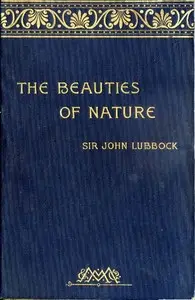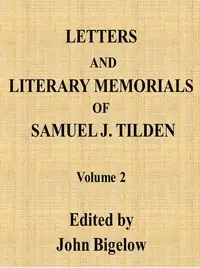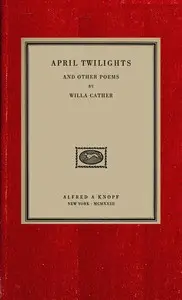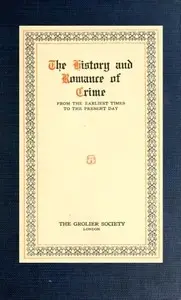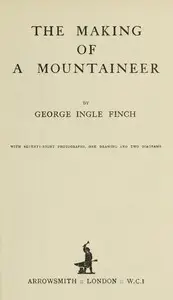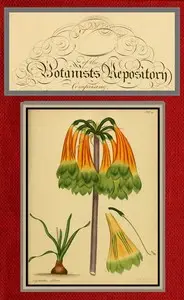"On the Origin and Metamorphoses of Insects" by Sir John Lubbock is a scientific publication likely written in the late 19th century. The work delves into the classification, anatomy, development, and behaviors of insects, focusing particularly on their metamorphoses and origin. As a significant contribution to entomology, this book aims to bridge the gap between scholarly detail and accessibility for the general reader interested in the fascinating world of insects. The opening of the text discusses the historical context of insect classification and metamorphoses. It introduces the concept that insects undergo four primary life stages: egg, larva, pupa, and imago, but also notes the diversity and complexity of these stages across different insect groups. Lubbock emphasizes the gradual change many insects experience and highlights the differences between various classes, such as Hymenoptera and Diptera, while acknowledging the ongoing disputes within entomological circles regarding their classification. The initial chapter sets the stage for a detailed exploration of insect life, preparing the reader for a deeper examination of the biological principles behind insect development and their evolutionary origins. (This is an automatically generated summary.)

On the Origin and Metamorphoses of Insects
By John Lubbock
"On the Origin and Metamorphoses of Insects" by Sir John Lubbock is a scientific publication likely written in the late 19th century. The work delves ...
John Lubbock, 1st Baron Avebury, 4th Baronet,, known as Sir John Lubbock, 4th Baronet, from 1865 until 1900, was an English banker, Liberal politician, philanthropist, scientist and polymath. Lubbock worked in his family company as a banker but made significant contributions in archaeology, ethnography, and several branches of biology. He coined the terms "Paleolithic" and "Neolithic" to denote the Old and New Stone Ages, respectively. He helped establish archaeology as a scientific discipline, and was influential in debates concerning evolutionary theory. He introduced the first law for the protection of the UK's archaeological and architectural heritage. He promoted the establishment of public libraries and was also a founding member of the X Club.


